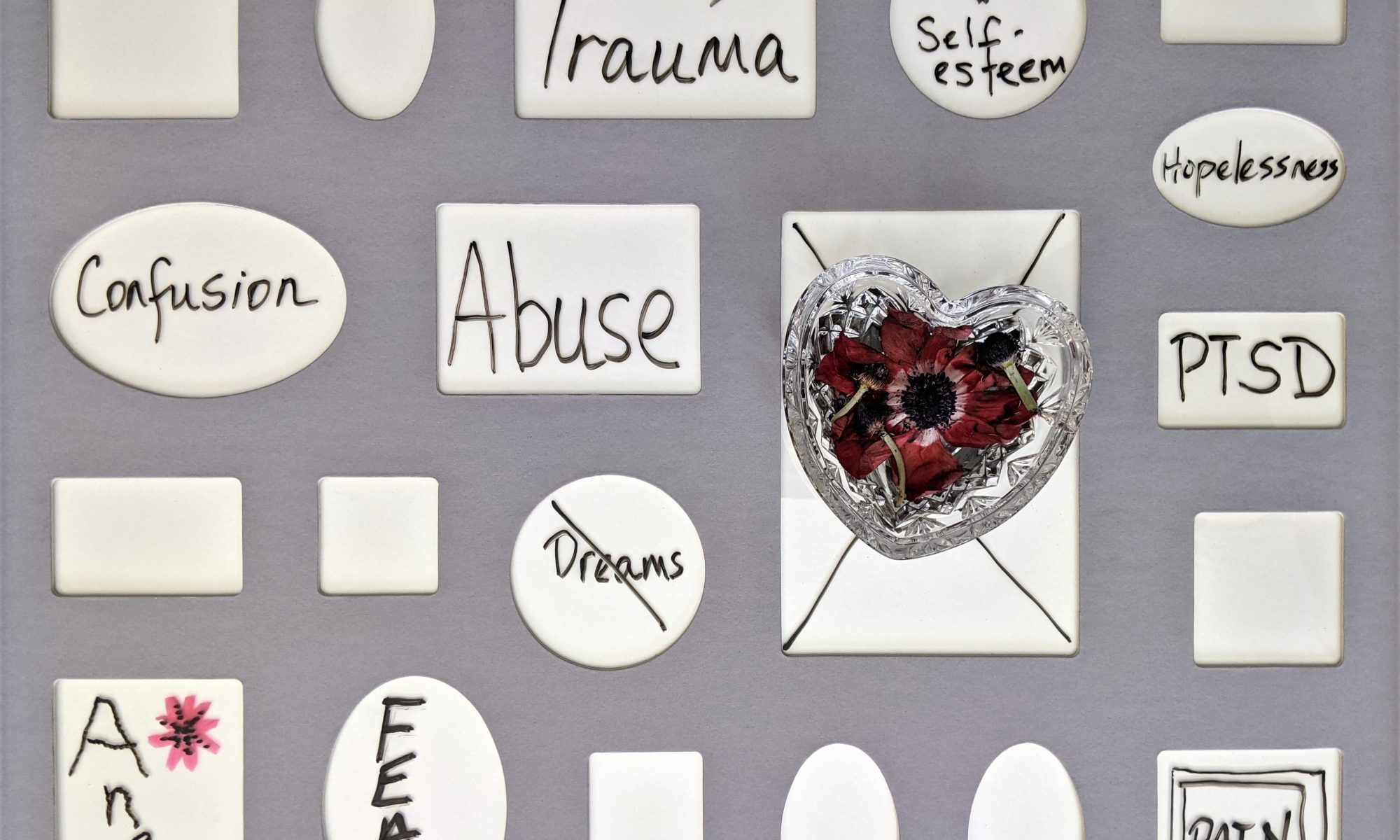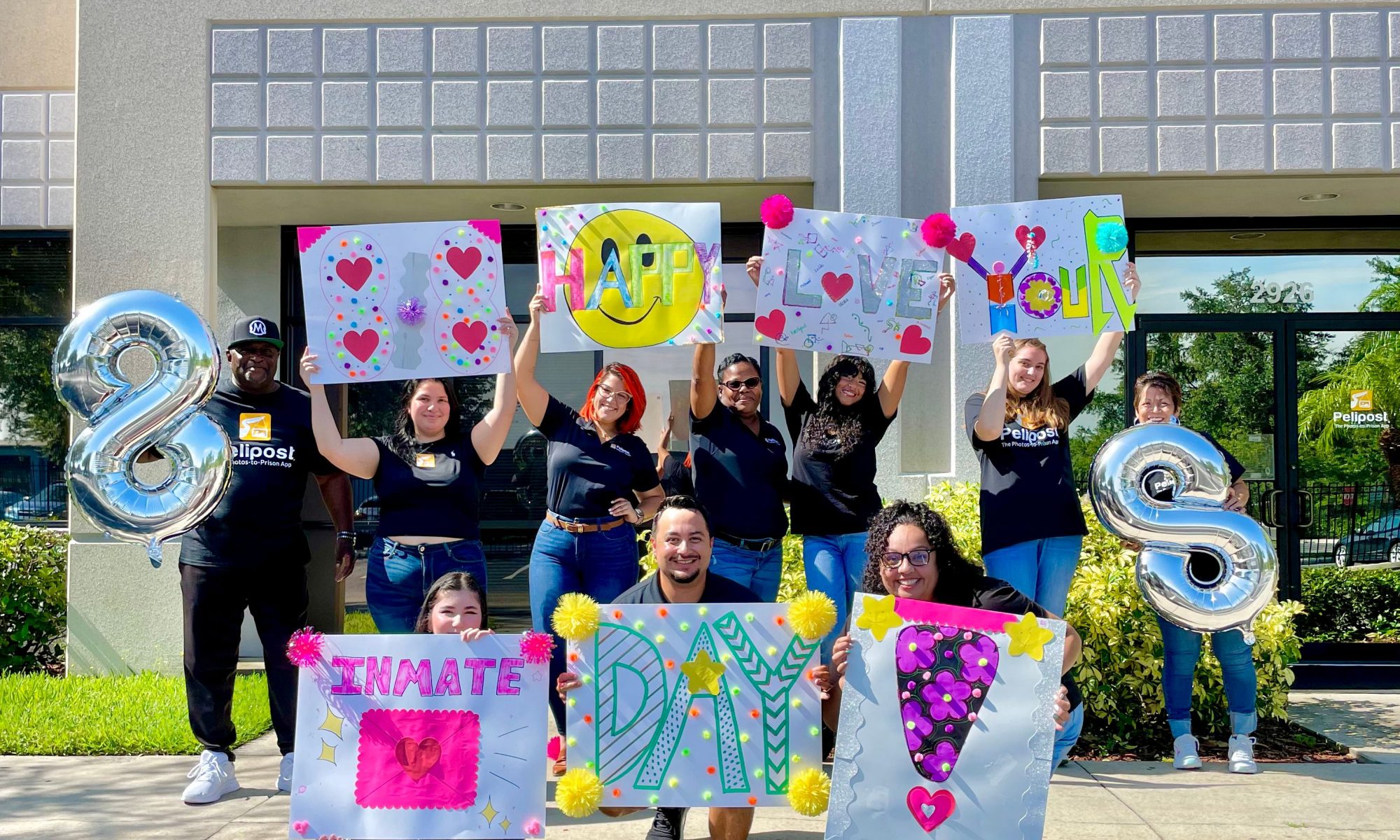It’s hard to understand what life is like for an inmate. That’s why we want to share the stories of our PeliPAL members and bring awareness to the psychological impact of incarceration. Today, we bring you the story of Tyrone Toliver, one of our PeliPALS in California.
If you’d like your incarcerated loved one’s story featured, have them mail it to Pelipost.
May 5, 2021
Fear is defined as an unpleasant, often strong emotion caused by anticipation or awareness of danger. Fear is associated with anxious concern; reason for alarm; frightened; to be afraid of; alarm; apprehension; sudden danger…
I once wrote about how I caused a lot of fear in others because I was suffering for many years in prison. There were times I felt that existing wasn’t enough of a reason to continue living.
So much has changed for me in the past eight-and-a-half years. For one, I asked for help and got therapy. I learned that self-help studies could improve my cognitive thinking and that rehabilitation could provide me with the appropriate coping skills. I learned that I needed to correct learned behavior. Recovery allowed me an opportunity to gain insight into why I did things and why I was the kind of guy who was unlovable.
Eight and a half years ago, I was in a terrible place when I met my wife Kristy. I finally met someone who was willing to get to know “Tyrone,” not “Lil No-Name Dogg.” But if I did not actually know Tyrone myself, how could she get to know him? That’s when I started feeling something I now know is fear. I felt fear of not being able to change who I am in prison. When I’ve felt this strange emotion, fear, that old, close friend of mine, ANGER, often whispered in my ear, like Chucky: “I’m your friend to the end!”
But how could I go backward when my wife Kristy was a part of my future? So, as time passed, I achieved goals, accomplished things, and eased pain that had kept me down.
But fear has lingered in the background because of the dangers that lurk every single day in prison. So many inmates’ family and friends will tell them not to get into anyone else’s business, to just keep your opinions to yourself, and then you will be OK in here. That’s not true!
During my terrorizing days and years, I was taking out my hurt, pain, feelings, and issues on people who felt we could actually talk out issues, or on people I had no issues with whatsoever.
On the first of this month, a Saturday, I experienced the ultimate fear, but it wasn’t fear of failure. For the first time in my 44 years on this earth, I was afraid to die, and I saw death looking directly at me.
At 6:55 A.M. on May 1, as I was leaving medical after taking my seizure medication, I was attacked by a guy with a crazed look in his eyes and a knife in his hand. His intent was to hurt me, maybe to kill me.
The thing is that when a voice in your head tells you to do something, you do it. That voice has been your protector since age 5, so you obey. On Friday, my wife drove 350 miles to come visit me at 12:00. As the guy ran after me with a knife, I was afraid of her receiving a phone call in her hotel room to tell her I was dead. So, I ran.
Was this karma? Some may say I brought this on myself. Some may say, this is your past catching up to you.
Well, he was catching up to me, but he was also a guy who I had actually given food to eat when he was hungry. His best friend is one of my friend’s sons.
So, why did this happen? I can only assume he had a mental health issue and that he snapped, like I had done in the past. He was already going to be transferred back to a maximum-security facility. You see, I am at a facility that’s designated for life skills improvement, vocational training, computer literacy, rehabilitation, recovery, and job training. This prison is for those who are serious about changing their lives. That also can be scary, causing some to fear failure. If you are deemed a program failure here and sent back to a maximum-security prison with guys who don’t want to change who they are, your life has just become a living hell for at least 2 years. One fatal infraction there and it goes from 2 years to 8 years.
FEAR pushes people over the edge. Fear causes people to act irrational, and fear destroys relationships.
In prison, so much can go wrong in the blink of an eye, and it all did that morning. The tower officer who watched inmates come out of each building was actually in the bathroom when this happened. COVID-19 protocols have each building being cell fed, which causes all corrections officers to be busy with that, and not watching inmate movement and medical. So, safety was medium, but what did I have to worry about?
Currently, I live in fear for different reasons: I want to go home and the window of opportunity is here, but one fatal infraction would make it impossible for me to go home. I’ve seen so many people leave prison feet first (in a pine box) due to the havoc behind these walls, not even related to what put them in prison to begin with. My wife, Kristy, keeps me focused on my personal goals and holds me accountable for my actions. We both fear the danger that lingers all around for a rehabilitated person like me who has so much to lose here every day.
I am not writing this for sympathy or for a “thatta boy,” whether that’s either for running to save my life or for passing on what some see as an opportunity to defend myself and protect my reputation as a tough guy for my ego or pride. I am writing this for therapeutic purposes, for myself. My nerves are still shaken up. I’m looked at as a coward more now than before because I did not fight back in defense, and I’m more afraid today than I’ve ever been.
After more than 28 years of incarceration throughout my life, I’m 44 now, and I have a chance to leave a system I was actually born into. I write this for all the family and friends of us individuals who are incarcerated but rehabilitated as a way to let you all know that there are times we live in fear. At times we stand shoulder to shoulder in a chow line, medication line, laundry exchange line, package line, canteen line, job or vocational training, or college class with a guy who has nothing to lose and we are terrified over losing the chance to leave here.
Stay safe and strong.
Tyrone Toliver
————————
The psychological impact of incarceration can take a toll on an individual’s mental health. Keeping in contact with your incarcerated loved one can help them stay positive and feel included in your life. Sending photos through Pelipost is a simple and effective way to keep in touch with your loved one, and provide them with physical photos that they will cherish.
To download the Pelipost app go to the Apple App Store or Google Play Store.












